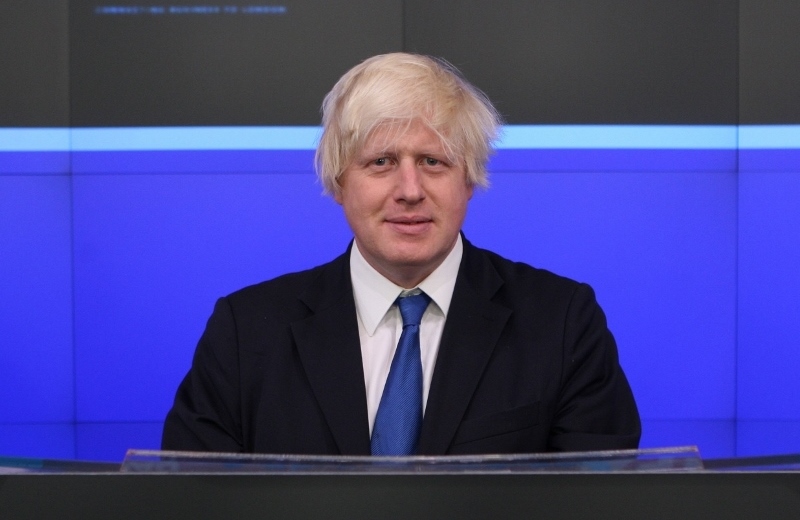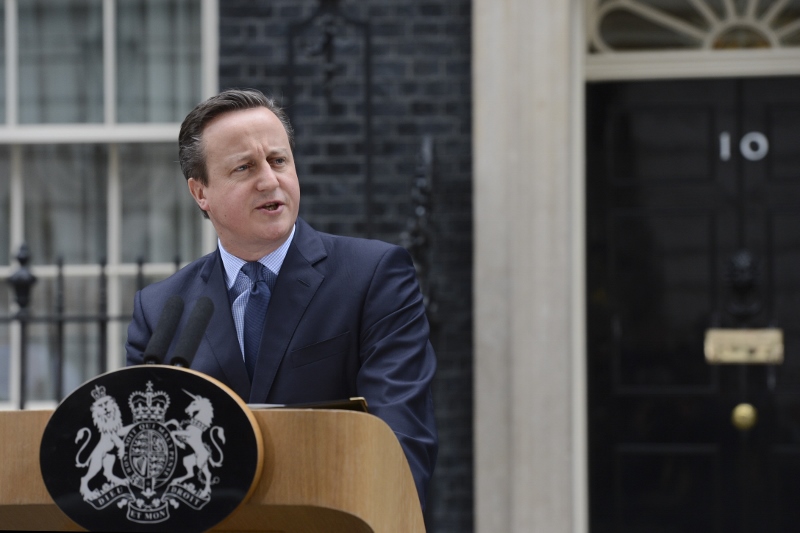
Ethnic minority vote is key to EU referendum
A national charity, based in Bradford, says that black and ethnic minority communities could decide the EU referendum but only if they turn out to vote.
Chief executive of QED-uk, Dr Mohammed Ali OBE, said: “The debate about whether or not to stay in Europe concerns many of the most important political issues of our time.
“It affects every one of the 8 million people of ethnic minority origin in the UK.
“Many of them are likely to have very different opinions from their white neighbours but we are concerned that they are less likely to register to vote.”
QED Foundation works to promote the social and economic advancement of disadvantaged communities with a particular emphasis on ethnic minority groups.
It urges everyone to find out more about the issues involved in EU membership, such as talking to people who are for and against it so that a decision can be reached and a vote casted in the forthcoming referendum.
The United Kingdom has very different demographics to other European countries, which could affect our attitudes to EU membership.
For example, we have the largest Pakistani population outside the Middle East at over 1.5m, while many nations have less than 1,000.
A 2015 Ipsos Mori report showed that more than half of white Britons saw immigration as a top concern, while less than one third of ethnic minorities shared this viewpoint.
However, they are often affected by related policies and should be included in the debate according to a December 2015 report by the race equality think tank Runnymede Trust.
For example, EU membership might result in immigration restrictions focusing on other countries.
Although people from black and ethnic minority communities are less likely to take advantage of free movement, the Runnymede Trust report says that they may be pro-Europe because they believe it will offer more protection from discrimination.
They may also be affected by wider implications of EU membership such as the possible effects on trade and investment, competition for resources and legislation.
For more information contact Dr Mohammed Ali OBE on 0300 500 1000, email m.ali@qed-uk.org or visit www.qed-uk.org










